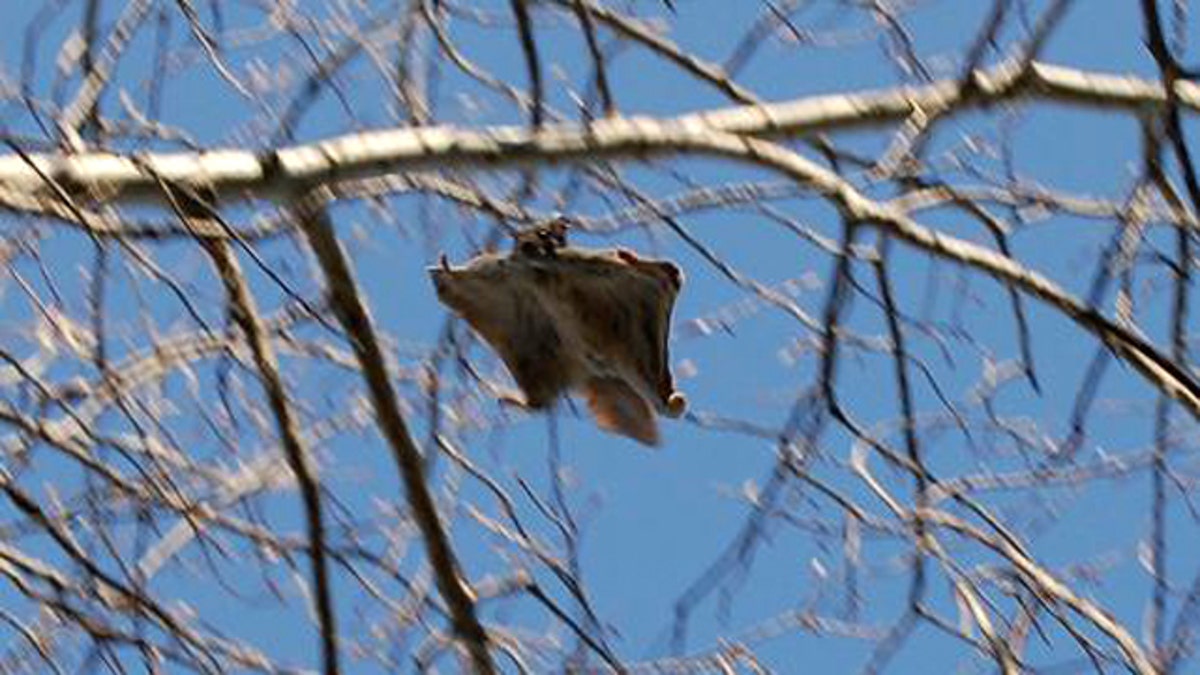
(Wikipedia)
Researchers have observed small monkeys called Japanese macaques going bananas at the sight of a flying squirrel.
This riled-up response is probably just a false alarm, with the monkeys mistaking the squirrel for a predatory bird. On the other hand, male macaques – some of whom give chase and even attack a harmless rodent – might be trying to impress females in their troop.
Although this tough-guy motive was not proved in a new study, "it is possible that adult or sub-adult male monkeys may be 'showing off' their fitness" as potential mates, said Kenji Onishi, an assistant professor of behavioral sciences at Osaka University and lead author of the paper being published in the current issue of the journal Primate Research.
Watch the video at LiveScience
Biologists and psychologists have long studied macaques' complex social interactions for insights into human evolution and behavior.
However, much remains unknown about how macaques get along (or not) with other creatures. Better documentation of such encounters could reveal more about macaque societies as well as that of our shared primate forbearers.
"Human evolution occurred alongside primate evolution from a common mammalian ancestor," Onishi told LiveScience. "Therefore, it is important to learn the evolution of primates in understanding the previous steps in human evolution."
Intruder alert!
When Japanese giant flying squirrels glided over to a tree in the monkeys' vicinity, adults and adolescent macaques started hollering at it threateningly, the researchers report. Young macaques screamed and mothers scooped up their infants, while adults and high-ranking males in particular went and physically harassed the offending squirrel.
Onishi said other researchers have observed macaques responding in a similarly aggressive manner to birds that prey on the monkeys, such as the golden eagle and mountain hawk eagle. These raptors glide and swoop much like the flying squirrels.
Upon closer inspection up in a tree or on the ground, however, the squirrel is clearly no bird of prey. Yet the animal still raises the hackles of the macaques.
Other woodland creatures, including hares, deer and wild boars, barely elicit a response from macaque groups, said Onishi, though dogs and people will sometimes instigate alarm calls and a fleeing from the immediate area.
Copyright © 2010 LiveScience.com. All Rights Reserved. This material may not be published, broadcast, rewritten or redistributed.
